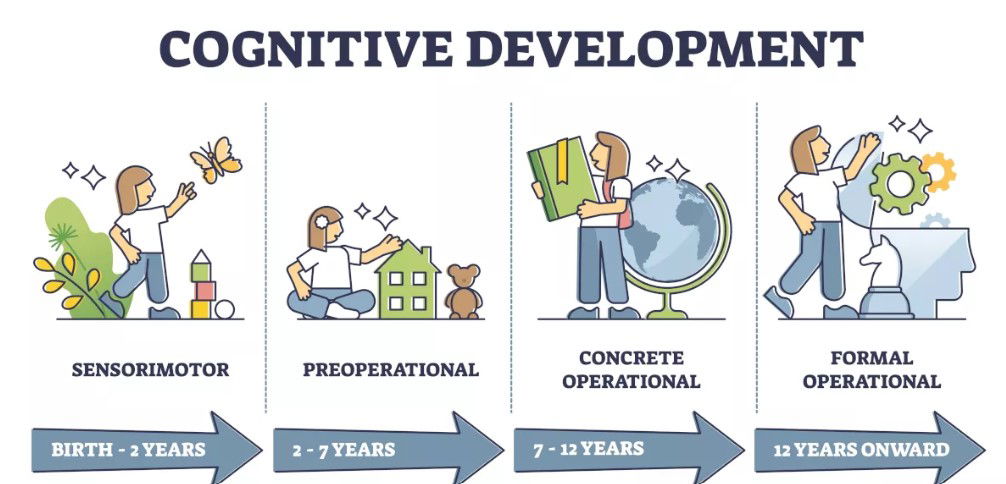How Does Reading to Your Child Benefit Their Development?
Reading to your child is one of the most important things you can do for their early development. Not only does it create a special bond between you and your child, but it also has numerous cognitive, social, and emotional benefits.In this blog post, we will explore the ways in which reading to your child can benefit their development.
Language Development
Reading to your child helps to develop their language skills. As you read to your child, they are exposed to new words and concepts, which can help them to expand their vocabulary and understand the world around them. Studies have shown that children who are read to regularly have larger vocabularies and are better prepared for school.
Cognitive Development
Reading to your child can also have a positive impact on their cognitive development. As you read to your child, they learn to recognize letters and words, understand the basic structure of sentences, and develop early literacy skills. This can help them to perform better academically in the long run.
Social Development

Reading to your child can also help to develop their social skills. As you read to your child, they learn to focus and pay attention, and develop listening skills. It also provides a shared experience between you and your child, which can help to strengthen your bond and build a sense of trust.
Emotional Development
Finally, reading to your child can have a positive impact on their emotional development. As you read to your child, they learn about emotions and how to express them. It can also provide a comforting and calming experience for both you and your child, which can help to reduce stress and anxiety.
In conclusion, reading to your child is an important part of their early development. It can help to develop their language, cognitive, social, and emotional skills, while also providing a special bonding experience between you and your child. So, grab a book and start reading to your child today!
References
- American Academy of Pediatrics. (2014). Policy statement: literacy promotion: an essential component of primary care pediatric practice. Pediatrics, 134(2), 404-409. https://pediatrics.aappublications.org/content/134/2/404
- National Institute of Child Health and Human Development. (2000). Report of the National Reading Panel. https://www.nichd.nih.gov/sites/default/files/publications/pubs/nrp/Documents/report.pdf
- Raikes, H. (2015). The lifelong importance of language development. Nebraska Center for Research on Children, Youth, Families and Schools. https://www.nebraskasocialstudies.org/wp-content/uploads/2015/11/The-Lifelong-Importance-of-Language-Development.pdf
- Weigel, D. J., Martin, S. S., & Bennett, K. K. (2006). Contributions of the home literacy environment to preschool-aged children's emerging literacy and language skills. Early Child Development and Care, 176(3-4), 357-378. https://doi.org/10.1080/03004430500221837

